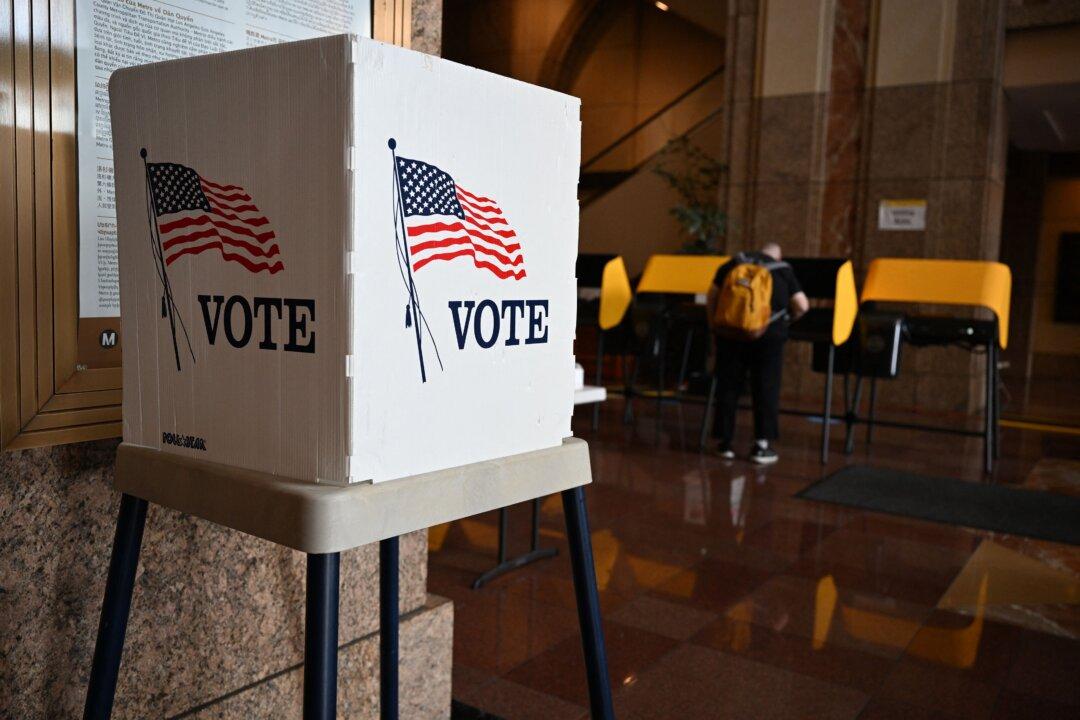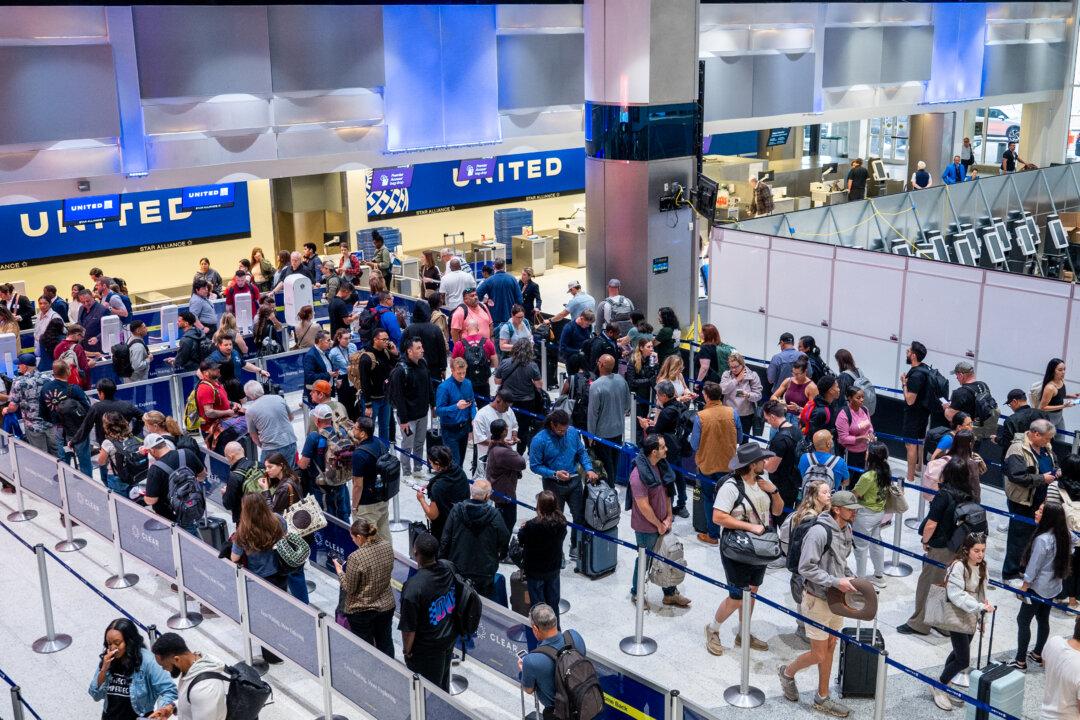The number of Hispanic voters participating in national and local elections is projected to increase significantly in 2024.
More than 17.5 million Hispanic voters are likely to participate in November’s elections, Arturo Vargas, the CEO of the National Association of Latino Elected and Appointed Officials (NALEO) Educational Fund said in a Feb. 14 presentation. That’s up 6.5 percent from 2020 and a 38.3 percent increase from 2016.





